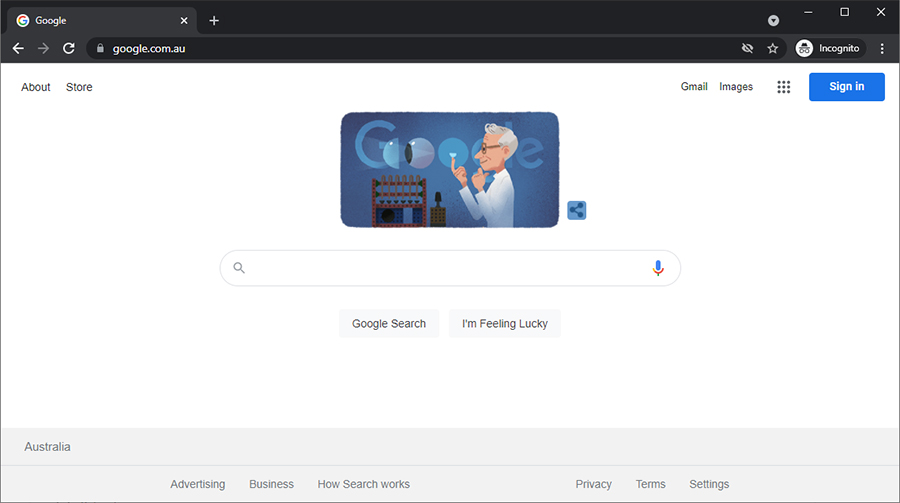Insights

How do Google search algorithms work?
Google ranking systems are designed to help users find what they're looking for on the web. The algorithms sort through billions of web pages in a fraction of a second to rank the most relevant and useful information. To do this, there is not only one but a series of algorithms.
The search logic looks at many factors such as the keywords in a query, the relevance and usability of a page, age of content, the expertise of the source and the location settings of a user.
The meaning of a search query
To return the most relevant results Google first needs to establish the exact information a user is looking for.
The algorithms have to cater for spelling errors, synonyms and work out if a query is for fresh content like current news of for historic accuracy.
The relevance of web pages
The algorithms also need to analyse the content of web pages and determine whether they contain search relevant information.
The most basic test of relevance is if a web page contains the same keywords as the search query.
If such keywords appear in the url, meta tags, headlines, body copy or image alt tags they are more likely to be relevant.
Beyond such simple keyword matching Google also uses aggregated and anonymised interaction data to assess whether search results are relevant to queries.
Data is transformed into signals which help Google’s machine-learned systems to better determine the relevance. These signals help to assess if a web page contains the answer a user is looking for rather than just repeating the same question.
The quality of content
It’s all about the user experience and the quality of the search result.
The algorithms try to find and to prioritise the most reliable sources available. Google determines which websites or pages demonstrate expertise, authority and trustworthiness on a given topic.
Spam algorithms help to prevent a page of low quality from rising to the top in the search results.
The usability of web pages
Usability plays a big part. The algorithms analyse whether a website loads quickly (page speed), or appears correctly in different browsers and on different devices.
It's been a few years now that Google started working on mobile-first indexing. Google is crawling of the web now using a smartphone Googlebot.
Context and settings
Information such as a user's location (local search), search history and search settings also help Google to serve the most relevant results at that given point in time.
Google also may tailor some recommendations which they think may be of interest for the user.
